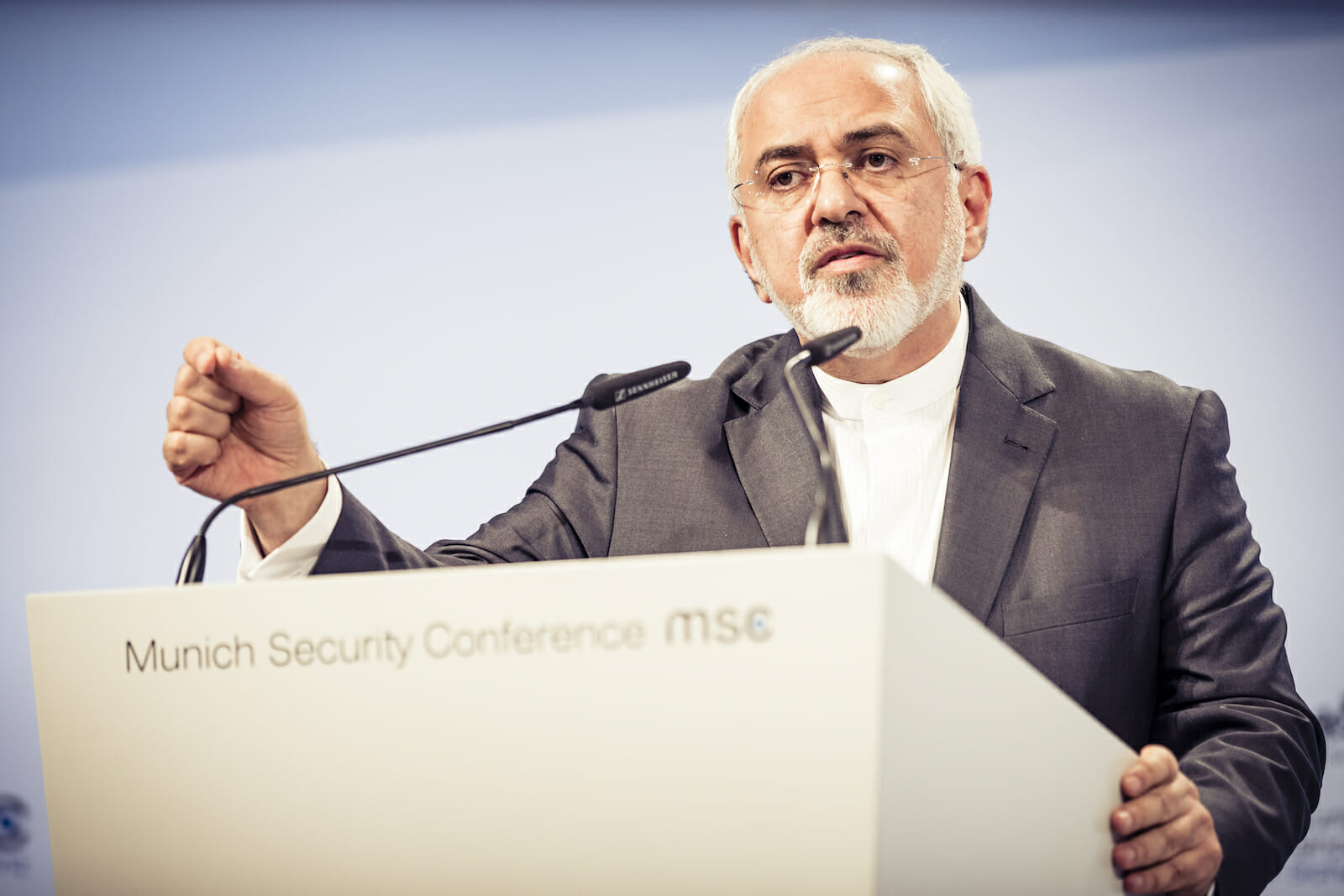
Details of 2018 Terror Plot Calls for New Approach to Iran
In recent comments about an Iranian terror plot that was thwarted in June 2018, the head of Belgium’s state security service affirmed that responsibility lay with the highest ranks of Iran’s government. “The plan for the attack was conceived in the name of Iran and under its leadership. It was not a matter of Assadi’s personal initiative,” Jaak Raes wrote in reference to Assadolah Assadi, the third counselor of the Iranian embassy in Vienna and the supposed mastermind of the 2018 plot. Instead, he reported, the terror plot “was conceived in the name of Iran and under its leadership.”
He was referring to a foiled bombing attack near Paris targeting a rally organized by an exiled Iranian opposition group. High-level delegations from the United States, Europe, and the Middle East were in attendance. I along with my family were also in attendance.
Raes’ interpretation of the incident was reaffirmed by Assadi’s position and by the apparent fact that he relied upon Iran’s diplomatic infrastructure and his own privileges as a diplomat in order to proceed with the staging of the attack. Assadi is reputed to have personally carried the explosives that were to be used in the attack, knowing that his luggage would not be searched on international flights into Austria. From there, he arranged to hand off the bomb in Luxembourg to two Iranians who had been residing in Belgium for years.
Because the two would-be bombers are Belgian nationals and were apprehended before they could carry the explosives over the border into France, their trial is scheduled to take place in Antwerp on November 27. They will be joined by Assadi and another accomplice, as all four face charges on terrorism. It is, of course, important that they all be held accountable for their roles. But Assadi’s prospective conviction is especially important, for a number of reasons.
In the first place, his trial alone is a milestone. Assadi is the first person to be formally prosecuted in connection with terrorist activity that occurred while he was actively serving as an Iranian diplomat. What’s more, his role in this particular plot was unusually hands-on, considering that much of Iran’s international terrorism has been channeled through a series of proxies over the past 40 years, especially when the target was located abroad.
Although the details of the 2018 terror plot are a departure from usual patterns, longstanding critics of the regime recognize Assadi’s arrest as merely confirming what they had already known about the intimate connections between Tehran’s political strategies and its support for terrorism. The regime is believed to have utilized its diplomatic missions in providing that support to various proxies and to their activity in various regions. In the immediate aftermath of Assadi’s arrest, a spokesperson for Belgian investigators seemed to admit as much when he noted that most of Iran’s consular employees are actually operatives in its secret service.
Tehran’s sudden willingness to risk exposure for one of those assets was a testament to the perceived value of the target in the 2018 terror plot. Had they succeeded in crossing the border into France, Assadi’s operatives would have continued on to the Paris suburb of Villepinte with the intention of setting off their 500 grams of TATP explosives at an international gathering of Iranian expatriates opposed to the regime.
Targeting the opponents in June 2018 followed a nationwide uprising that began in the final days of 2017 and continued through much of January 2018. Ever since then, Iranian authorities have been warning one another about the potential for more unrest, and those warnings were proven to be well-founded in November 2019, when an even larger uprising spread across the country, encompassing nearly 200 cities and towns.
Tehran’s domestic crackdown on dissent accelerated in response to the second uprising, so it is reasonable to expect a similar trend in its efforts to disrupt known or suspected foreign sources of support for the opponents and the opposition movement. Such expectations will be all the more justified if it appears as though the Islamic Republic hasn’t been given enough incentive to avoid provocations like what it attempted in 2018.
The Assadi case is unusual because there are a shocking number of incidents in which European authorities have declined to vigorously pursue charges or to otherwise hold Iranian agents accountable after they were accused of terrorist activity. Many of the regime’s critics have therefore pointed to the pending trial as an opportunity to change established patterns and adopt a more aggressive strategy for dealing with the regime’s malign activities as a whole.
“If the defendants are convicted in this case, this must be a wake-up call for the international community to put more pressure on the tyrannical Iranian regime to end its destabilizing support for terrorist groups around the world,” said Theresa Villiers, a British MP and former cabinet minister who was among the Western dignitaries in attendance at the 2018 rally.
If that is to happen though, the international community must take into account more than the simple guilt of the four defendants themselves. Policymakers in Europe, the U.S., and elsewhere will also have to fully acknowledge that Assadi was operating on behalf of top officials in Tehran. They will especially have to acknowledge that the diplomat would have certainly undertaken his actions with the knowledge and consent of his boss, Foreign Minister Javad Zarif.
Since being appointed in 2013, Zarif has received much undue praise from Western interlocutors who see him as a moderate. What he is in fact is a smiling foot soldier in the hardline regime’s charm offense, aimed at calming tensions with adversaries while an underlying, aggressive foreign policy carries on as normal. In the wake of Assadi’s potential conviction, Zarif’s Western admirers will have to seriously reconsider the value of dealing with him on friendly terms, especially now that the ruling establishment is facing a rapidly rising domestic discontent.

